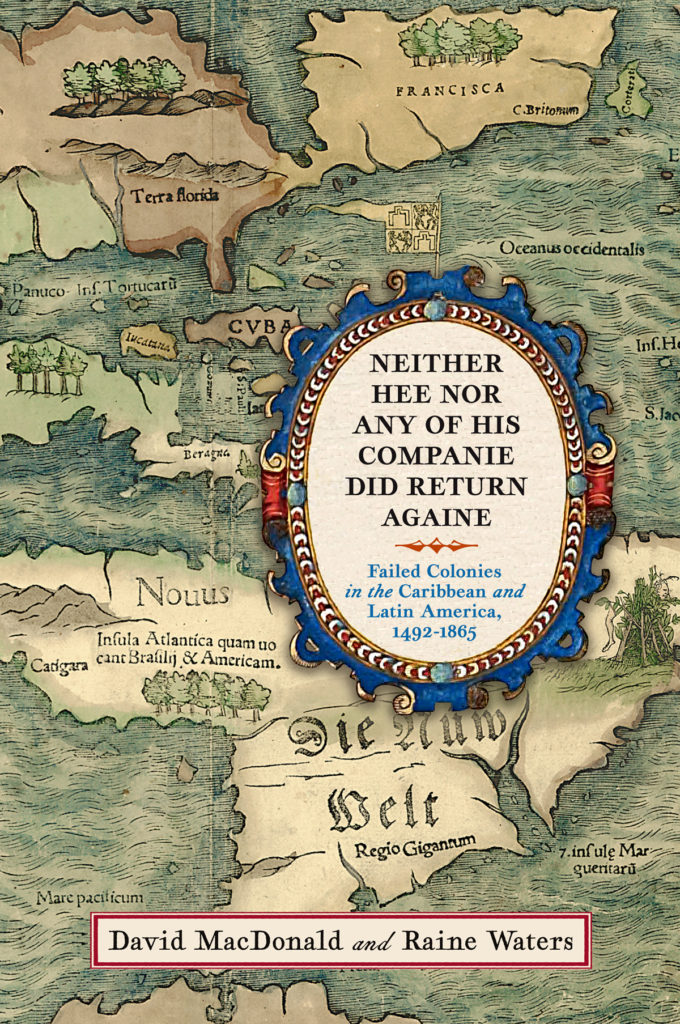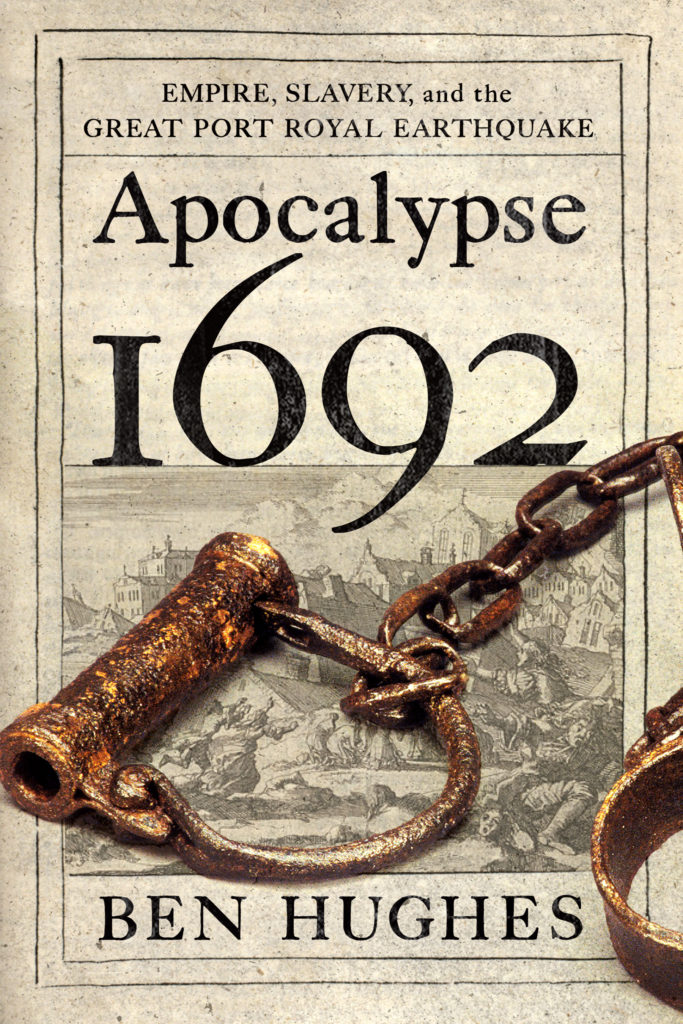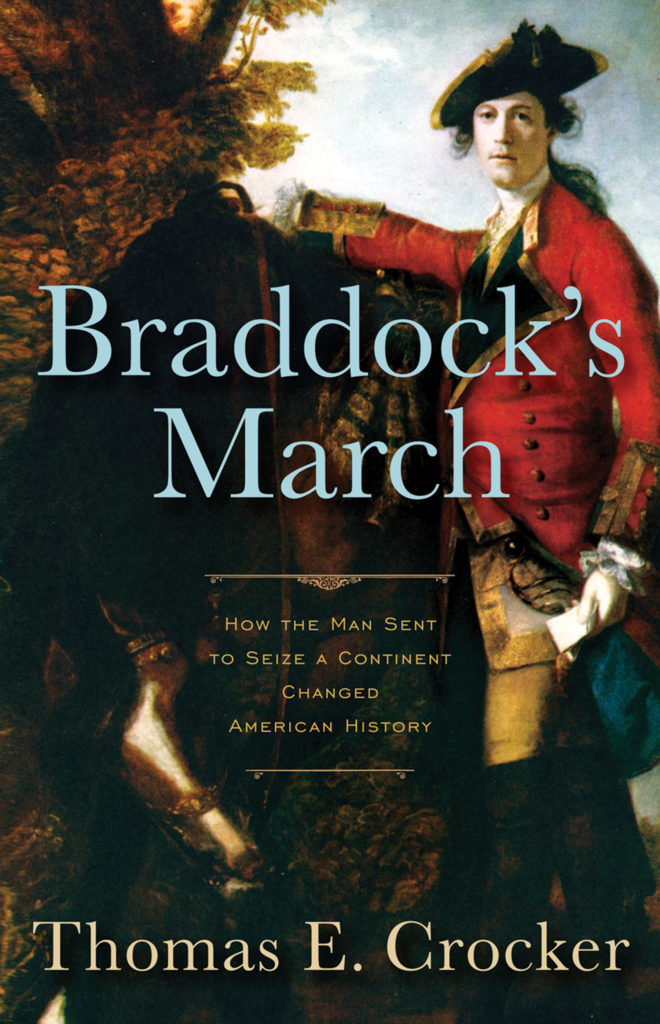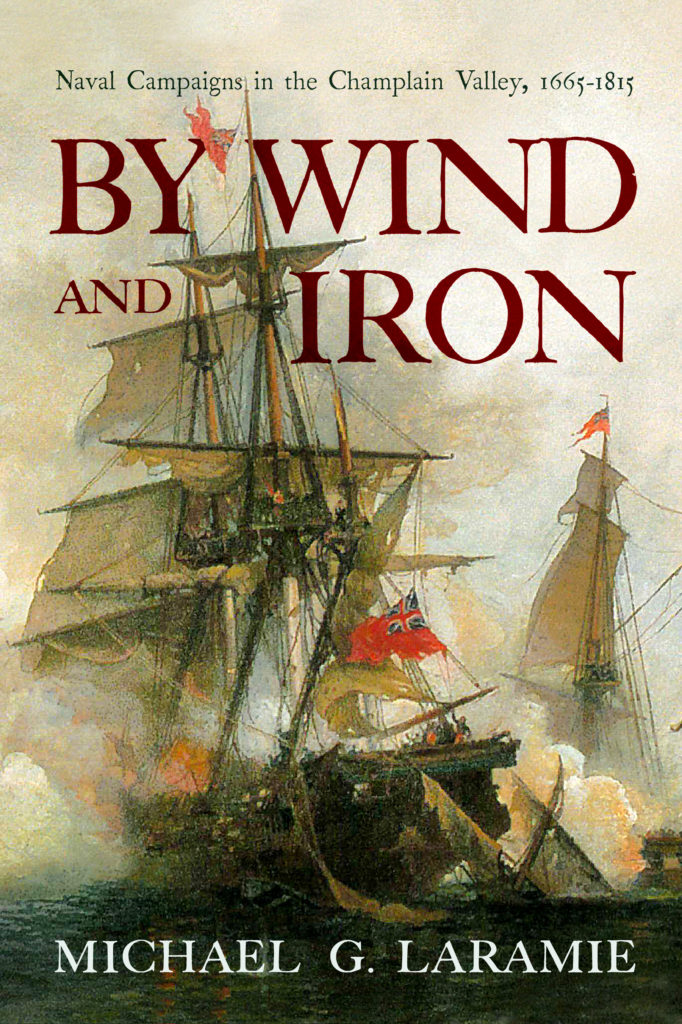About This Book
During the sixteenth and seventeenth centuries European powers vied for control of the land and resources in the Caribbean and Latin America. Colonies made Spain rich through gold, silver, and gems looted from the Native cultures, along with rare and exotic goods such as tobacco, sugar, and dyewood, and even humble products such as hides. In rapid turn, other European monarchies and merchants sent out colonizing expeditions to the region to exploit the resources of the New World, but creating permanent footholds was perilous. All European settlements founded in the New World faced a variety of challenges, including food supply, inconsistent support from Europe, leadership, ignorance of the area colonized, irrational expectations, religious discord, relations with Native peoples, and violent national rivalries. Colonies that succeeded and those that failed faced the same challenges, although in differing degrees and circumstances. The margin between survival and disaster was always small—there were few chances to succeed and the risk of failure was never far away.
In Neither Hee Nor Any of His Companie Did Return Againe: Failed Colonies in the Caribbean and Latin America, 1492–1865, historians David MacDonald and Raine Waters examine the European, and later American, failures to establish permanent settlements in the region. Beginning with Columbus’s ill-conceived ventures, the authors discuss the efforts, from German claims in Venezuela and Scottish attempts in Panama to defeated Confederates fleeing to Mexico, Brazil, and elsewhere. For each colony, the primary source information is contextualized and evaluated. Along the way, the authors determine commonalities across these ill-fated colonies as well as underscore the fact that while Indigenous peoples of the region often vigorously resisted predatory European colonization, their numbers were decimated by relentless warfare, slave raids, and European diseases. As Indian populations declined, colonists imported African slaves in large numbers. The brutal treatment of slaves resulted in those who escaped creating their own settlements that existed in a state of endemic warfare with European colonists. An important contribution to Atlantic World studies, this volume reveals the fine line between colonies that thrived and those that failed.

DAVID MACDONALD is professor emeritus of history at Illinois State University. He received a BA from California State University at Fresno and a PhD from the University of Minnesota. He is the author of a number of books and articles, including the companion volume, We Could Perceive No Sign of Them: Failed Colonies in North America 1526–1689.
RAINE WATERS is an instructor at Heartland Community College. She received a BS and MS from Illinois State University. She is author, with David MacDonald, of Kaskaskia: The Lost Capital of Illinois and We Could Perceive No Sign of Them: Failed Colonies in North America 1526–1689.
Praise for Neither Hee Nor Any of His Companie Did Return Againe:
“European settlements in the age of colonization in the Caribbean and South America were precarious ventures beset by a manifold of difficulties. Some survived; many did not. In Neither Hee Nor Any of His Companie Did Return Againe, David MacDonald and Raine Waters examine the colonies that did not survive and how their failure played an important role in European settlement in the New World. From Columbus to the Confederacy, MacDonald and Waters give us insight into these all-but-forgotten failed colonies, the conditions they faced, and how the difference between a successful colony and a failed one was slight. Methodically researched, this book uses a variety of approaches to form a larger picture of European settlement in the Caribbean and South America that goes beyond the New World and across the Atlantic. MacDonald and Waters again show us that there is value in studying failure.”—Jacob Bourboun, University of North Dakota





